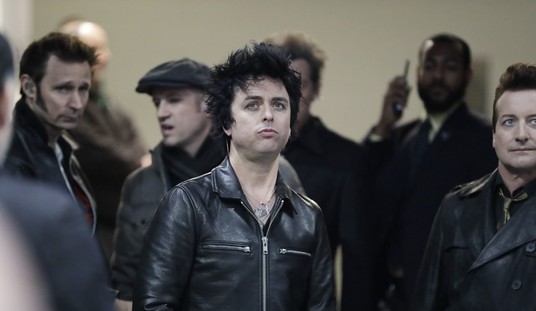The unintended consequences of excessive government regulation are almost always borne by the very citizens they are designed to protect.
In this modern financial era consumer protections abound at both the federal and the local level. A new proposed protection in California could set the short term lending market on its ear and have yet another unforeseen unintended consequence – driving subprime consumers to rack up overdraft fees.
Any bill that imposes rate caps and lengthened repayment terms on short term loans may be pitched as a solution to the vaguely defined issue of “predatory lending” but the real-world effects could be much worse than the problem they purport to be solving, effectively throttling the short term lending market. It could also end up forcing any lenders able to survive to try to conform to long-term lending lending standards – standards that would make profit in the small loan industry nearly impossible.
With that loss of access to emergency short-term funds more subprime consumers may be forced to turn to bank overdrafts as a form of “credit”. Although it is illegal to purposefully overdraft a bank account, it isn’t uncommon for consumers to lean on the “safety net” of overdraft protection agreements with their banks.
We’re all familiar with the term “float a check”. The same people who would depend on a short term loan in a sudden crisis to make it to the next pay period would be highly likely to turn to overdrafts were they unable to access short term loans.
In fact, a 2019 Shapiro+Raj survey found that 46% of Californians indicated they would use overdrafts as a form of credit if they found themselves in a financial emergency without access to proper credit support.
An increase in bank overdrafts could have dire unintended consequences on a much wider swath of California than simply the low-income bracket.
Bounced checks can lead to formal criminal charges (per California Penal Code section 476a ). California’s Prop 47 was passed as a solution to overcrowded prisons but has also created a backlog in the entire justice system as courts struggle to adjudicate petty crime cases while at the same time being unable to hold those charged. Police are then forced to deal with the petty crime that pours back onto the streets because there is rarely jail time offered in petty crime sentencing since the passage of the controversial proposition. Increasing the number of bad check crimes (deliberate or otherwise) only serves to further overwhelm an already strained justice system.
Overdraft fees also work out to be monumentally more costly than the typical high interest rates of a short term loan. The APR for an emergency small loan might be fifty or even sixty percent, but depending on the amount of the bounced check overdraft fees and fines could work out to an effective APR in hundreds of percentage points.
One may ask why the California assembly feels the need to pass such a bill at this time, especially with an influx of unbanked, undocumented residents and the cost of living in the state being higher than ever.
As always, follow the money. There is some evidence to suggest that in the state of California, three major lenders that would be exempt from the bill may also just happen to be some of the biggest donors to the political campaigns of those representatives in support of the bill. As this same type of legislation makes its way to other states, it behooves watchdogs to keep an eye on who is sponsoring and who their donors are.
In a state where nearly one out of every three residents has subprime credit and most people across the economic spectrum live paycheck-to-paycheck, any bill that curbs and restricts the short term lending market will only add to the financial burden of those who can afford it the least. It will burden the legal system, financial system and consumers. The unintended consequences will be laid at the feet of those with the fewest paths of support.














Join the conversation as a VIP Member